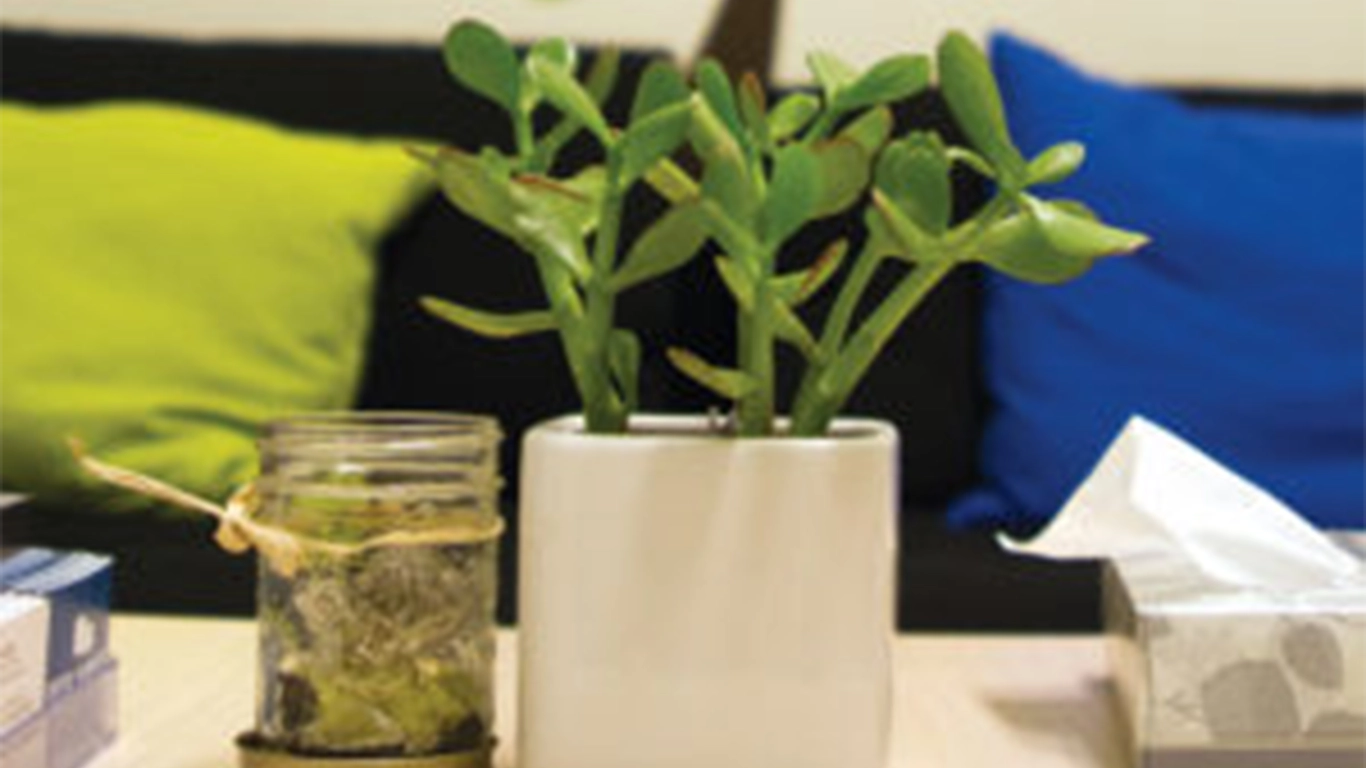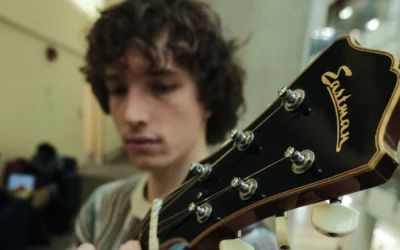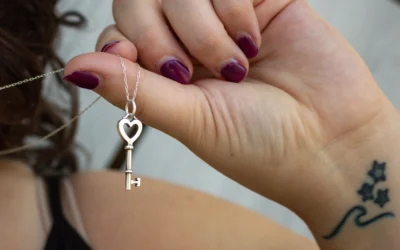All-nighters, endless caffeine, and last-minute essays — these are stereotypical elements of the university experience. In post-secondary culture, there is tacit approval of problematic and potentially destructive behaviour. This behaviour, as well as the unavoidable stressors associated with university life, can take a toll on our psychological health and well-being.
If you start to feel that you can’t handle the pressure you’re experiencing, there are a number of ways that you can address your problem on campus. If you want to talk to another student about what’s going on in your life, you can speak with a volunteer at the Peer Support office, which is run by the Students’ Association of MacEwan University (SAMU). Peer Support provides confidential supportive listening by trained volunteers. According to Kevin Ulliac, Peer Support assistant at SAMU, this year’s student volunteers were the first group to receive expanded training in crisis listening models for issues related to suicide, assault and abuse.
Aside from offering a safe space to discuss your feelings, Peer Support volunteers can also provide referrals to other services. Since Peer Support is a short-term service with limited resources, this is one way to ensure that students receive long-term support. It’s also important to keep in mind that, while Peer Support volunteers receive training in supportive listening, they are not counsellors and cannot provide the same service. If you need long-term, professional support, the volunteers can direct you toward an appropriate resource.
“If we do notice that you start coming, let’s say, every single week, then we’ll just try to refer you to a counsellor,” says Ulliac, “because that’s what they’re for, is to have students come in on a regular basis to work on an issue or something that’s going on that they can work collaboratively toward fixing.”
Craig Gnauck, chair of MacEwan University’s Wellness and Psychological Services department, expresses a strong approval of the Peer Support service. He says that it’s one of the ways that students play an important role in creating a healthy campus environment. He refers to the counselling done by Wellness and Psychological Services as the “tertiary end” of mental health intervention for students, while he considers peer-to-peer education and support to be the earlier stage of problem solving.
“Students are very resourceful, very capable,”
says Craig Gnauck
Early intervention can be key to avoiding a full-blown mental health crisis. Gnauck notes the importance of developing partnerships within the university as well as relationships outside the institution. This networking can help battle the isolation that students are prone to feeling.
“The more resource base that students are familiar with, the better they have the sense of a safety net,” says Gnauck, “because we also know, too, that when people are in distress, the threat of feeling isolated in the distress is high, and isolation and distress are not a good combination.”
He stresses the importance of seeking out the whole university experience, rather than simply focusing on the academic component. Taking part in campus volunteer, club and work opportunities can promote integration and belonging within the institution.
“It’s kind of like, yes, academics [are] very important — that’s what university is about,” says Gnauck. “There’s also the experience of being at a university, and I think when people are integrated, or have a sense of being integrated to varying degrees, when they feel a sense of belonging to a system, that too is a protective factor.”
Most students can recall exam periods when dishes and laundry piled up at home, or times when they stopped exercising and seeing friends because they had too much studying to do.
Self-care is often sacrificed during times of stress — the same times that these acts are most critical for our mental and physical wellness.
Gnauck points out that students should consider the difference between the quality of time and quantity of time spent on an activity.
“Just because people spend more time at something doesn’t necessarily mean that the returns are there,” says Gnauck.
When you have three essays to finish, you might feel that you have to spend every possible moment working on them, but that’s a trap. Your brain can only function for a certain period of time before it needs a break, and the same is true for your body. Very few of us can spend 12 hours a day at our computers and consistently be productive. Our minds and bodies require food, movement and breaks. We need to rest our eyes, stretch, and eat a decent meal.
Exercise is one of the self-care activities that gets tossed aside during crunch time. Gnauck says that students need to “give themselves the permission” to take breaks and to care for themselves. Spending long stretches attempting to be productive can also be counterintuitive if your mind begins to wander and you’re having trouble focusing on the task at hand. Rather than fruitlessly attempting to get work done for another hour, it might be better to hit the treadmill for 30 minutes and come back to your assignment with renewed energy.
“Students will not go to Sport and Wellness because they think, ‘Well, I’ve got an hour or two. I guess I really should be working on this paper or reading this textbook, working away on something else,’” says Gnauck.
Self-care can be very simple, he points out. Listen to your body. If your stomach is rumbling, eat something nutritious. If you’re exhausted, take a break. Just going for a short walk can be enough to get your blood flowing and give your eyes and brain a rest.
If you want to access counselling on campus, the process is relatively straightforward. Consultations are offered during the counselling centre’s drop-in hours, so call in advance to ask about consultation availability, and show up early to ensure that you’ll be seen by a counsellor. During the consultation session, counsellors want to find out what you’re looking to achieve through counselling. They can help identify other resources for you, both on campus and beyond. This first session is an opportunity to share a bit of information about what’s going on in your life and the types of issues you’d like to address.
After the first session, you can book appointments with your counsellor. Gnauck says that frequency will be negotiated between the student and the counsellor; depending on the student’s needs and the counsellor’s availability, 50-minute appointments could be made on a weekly, bi-weekly, or monthly basis. There is no limit on the number of counselling appointments that students can make, though counsellors try to make each session as valuable and effective as possible.
Gnauck says that some students are concerned that information shared with counsellors could end up on their academic records, but this is a myth.
He stresses that counselling is absolutely free and confidential.
It’s important to remember that there is no shame in getting help when you’re going through a difficult time. Help-seeking behaviour, including addressing your issues with a counsellor, is very positive, says Gnauck. Asking for help is not a sign of weakness, and it’s good to address an issue before it escalates.
Peer Support is available from 9 a.m. to 5 p.m. Monday to Thursday, and 9 a.m. to 4 p.m. on Fridays. It’s located in Room 6-108A (City Centre Campus), and you can call 780-497- 4776 or email peersuppport@samu.ca for inquiries about the service. For students at Centre for the Arts and Communications, the service is available in Room 201 and you can call 780-633-3622 for more details.
Counselling services are available in Room 7-103A (City Centre Campus), and you can call 780-497-5063 or email studentaffairs@macewan.ca for more details. For students at Centre for the Arts and Communications, the service is available in Room 337 and you can call 780-497-4340 for more details. If you’re concerned about a friend or classmate, check out MacEwan’s counselling webpage. It has a list of warning signs, ways to talk to your friend about the issue, and what to do if the person refuses help.
Photos by Casey Pollon.





0 Comments